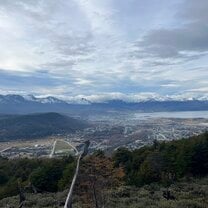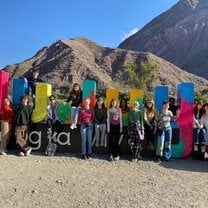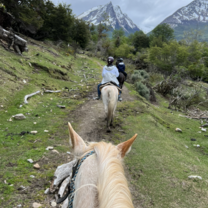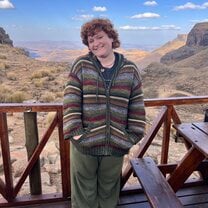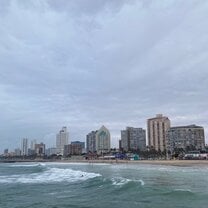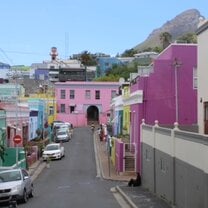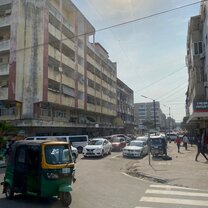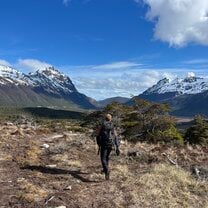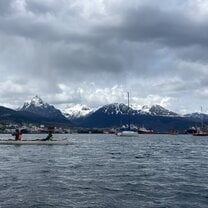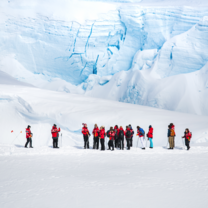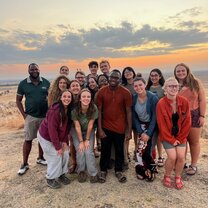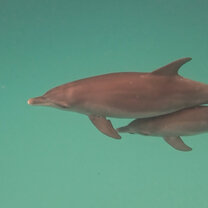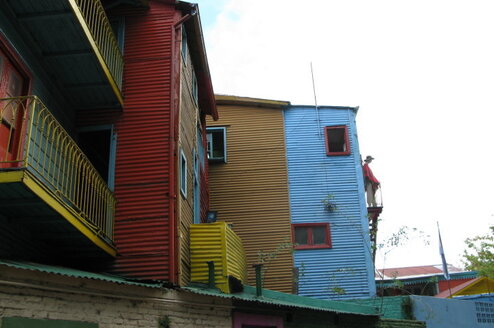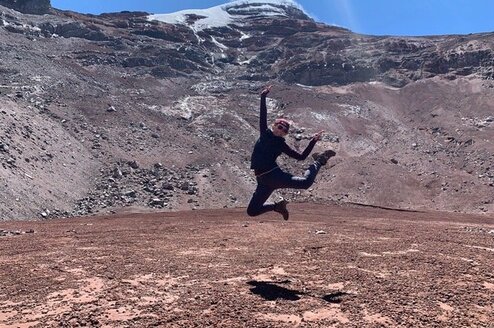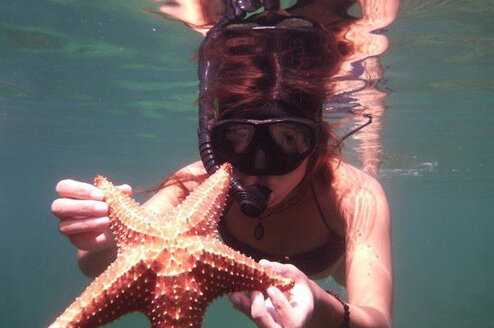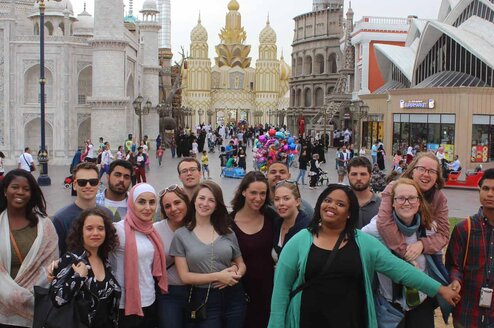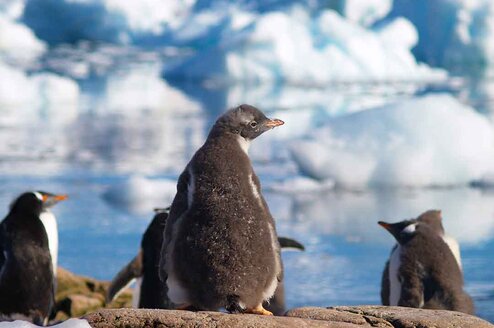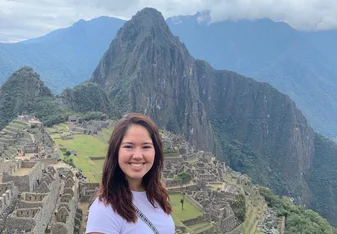
SIT Study Abroad
Why choose SIT Study Abroad?
SIT has been providing immersive, field-based study abroad programs for undergraduates for more than 50 years. SIT offers more than 70 programs in Africa, Asia and the Pacific, Latin America, and the Middle East, as well as comparative programs in multiple locations. In addition to its rich history, SIT Study Abroad has a number of unique qualities that make it an ideal choice for an extraordinary, transformative study abroad experience.
SIT students step beyond the boundaries of a traditional classroom to analyze critical issues shaping local communities around the globe. Students become deeply engaged in a topic and undertake their own research, case studies, in-depth practica, or community projects. SIT Study Abroad is deeply embedded in local communities around the world.
Ready for the next level? Take your graduate studies abroad with SIT Graduate Institute: https://www.gooverseas.com/organization/sit-graduate-institute-reviews
Website
studyabroad.sit.eduFounded
1932Scholarships
SIT Available Scholarships & Grants
SIT Study Abroad awards need-based scholarships and grants. Scholarships and grants are available to all students accepted into an SIT Study Abroad program irrespective of citizenship, national origin, or home school.
